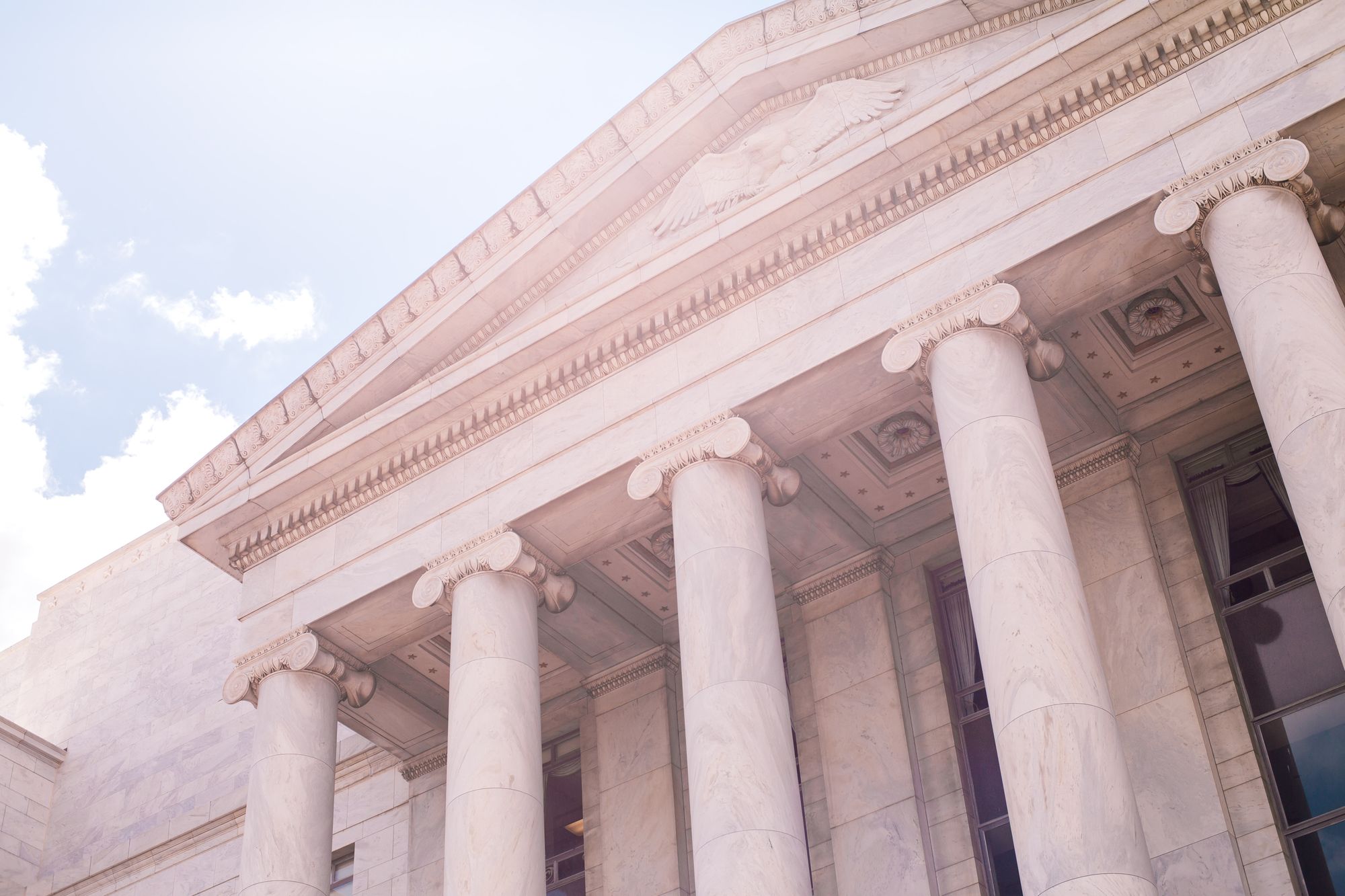Outgoing Secretary of the Treasury, Steven Mnuchin, is laying the groundwork to wind down government relief programs put in place during the COVID-19 pandemic. Additionally, there has been speculation that Mnuchin will be adding further regulations regarding digital assets. Although these changes may have some short term impacts, the presidential transition will likely mark a reversal of many of these efforts. Long term, we expect the Biden administration to drastically increase government spending as the government continues supporting the fragile economic recovery.
- Steven Mnuchin announced the US Department of Treasury will not support extending several of the emergency lending programs that were set up with the Federal Reserve. Instead, the U.S. Treasury plans to move $455 billion in unspent coronavirus relief funds into the agency's General Fund. This decision will end several aspects of the current U.S. lending program, which many believe to be a critical backstop in the economic recovery. Mnuchin’s successor, likely Janet Yellen, will now need congressional approval to access this capital. The Federal Reserve, along with the Biden administration, openly criticized Mnuchin’s decision.
- The U.S. economy is recovering based on many metrics, including lower jobless claims, and both the Dow Jones Industrial Average and the S&P 500 hitting all-time highs in the previous week. However, the recovery is uniquely fragile in the face of an uncontained pandemic. With COVID-19 cases rapidly increasing across the country, and many states entering new lockdowns, it's likely many businesses will be forced to shut down permanently if the proper lending facilities are not in place.
- The incoming Biden administration will make significant changes to U.S. fiscal policy. Incoming Treasury Secretary, Janet Yellen, will most likely bring a “dovish” philosophy to the Department of the Treasury. Previously, Yellen was the President of the Federal Reserve of San Francisco, and later the US Federal Reserve Chairman. While overseeing the 2008 financial crisis, Yellen’s administration was characterized by high spending and significant economic relief. Even during positive economic times, such as 2013, Yellen was an adamant defender of trillions of dollars in governmental aid packages. Unsurprisingly, Biden plans to support Yellen’s economic relief approach. The Biden administration has already outlined its intentions to pass a comprehensive coronavirus relief package in early 2021. Biden and Yellen may feel forced to inject additional funds into the economy to compensate for a largely unsuccessful presidential transition and lack of progress on a congressional stimulus bill. The Federal Reserve is enacting similar dovish policies, including keeping interest rates at historic lows and adding resources to the bond-buying program. Powell has previously indicated that he is willing to allow inflation to run above 2% in the short term, implying that the Fed’s priority is getting unemployment numbers under control. More recently, Powell stated that the Federal Reserve is “strongly committed to using these powerful tools...to support the economy during this difficult time for as long as needed.”
- Expansionary fiscal and monetary policy across all branches of government can be expected to drive investor appetite for inflationary hedges, such as Bitcoin. However, the industry is currently awaiting more news on Mnuchin’s rumored attempts to pass new regulations related to the digital assets market. Potential changes include increased due diligence on customers, burdensome reporting requirements, and stricter anti-money laundering regulations for brokerages and exchanges dealing with digital assets. These policy discussions are a testament to legislators' recognition that the market is here to stay, but the direct effects of these policies are viewed as a net negative among participants in the digital asset space. However, with Mnuchin set to leave office in early 2021, it's possible that the incoming administration will discard all the pending regulations currently on the table and this may be a non-issue.
Market Outlook
The Bitcoin markets are anxiously awaiting more clarity regarding potential regulations in the digital asset space. As Bitcoin continues to grow, more regulation is inevitable, however the market would benefit from a lack of progress until the Biden administration takes office. Ideally, the Biden administration will have a more favorable view towards digital assets. Regardless of the rumored regulations, the Biden administration is expected to continue rolling out wide scale spending and relief programs. This increase in government spending is ultimately expected to drive inflation, which in turn should cause investors to look to Bitcoin as a hedge against inflation.


